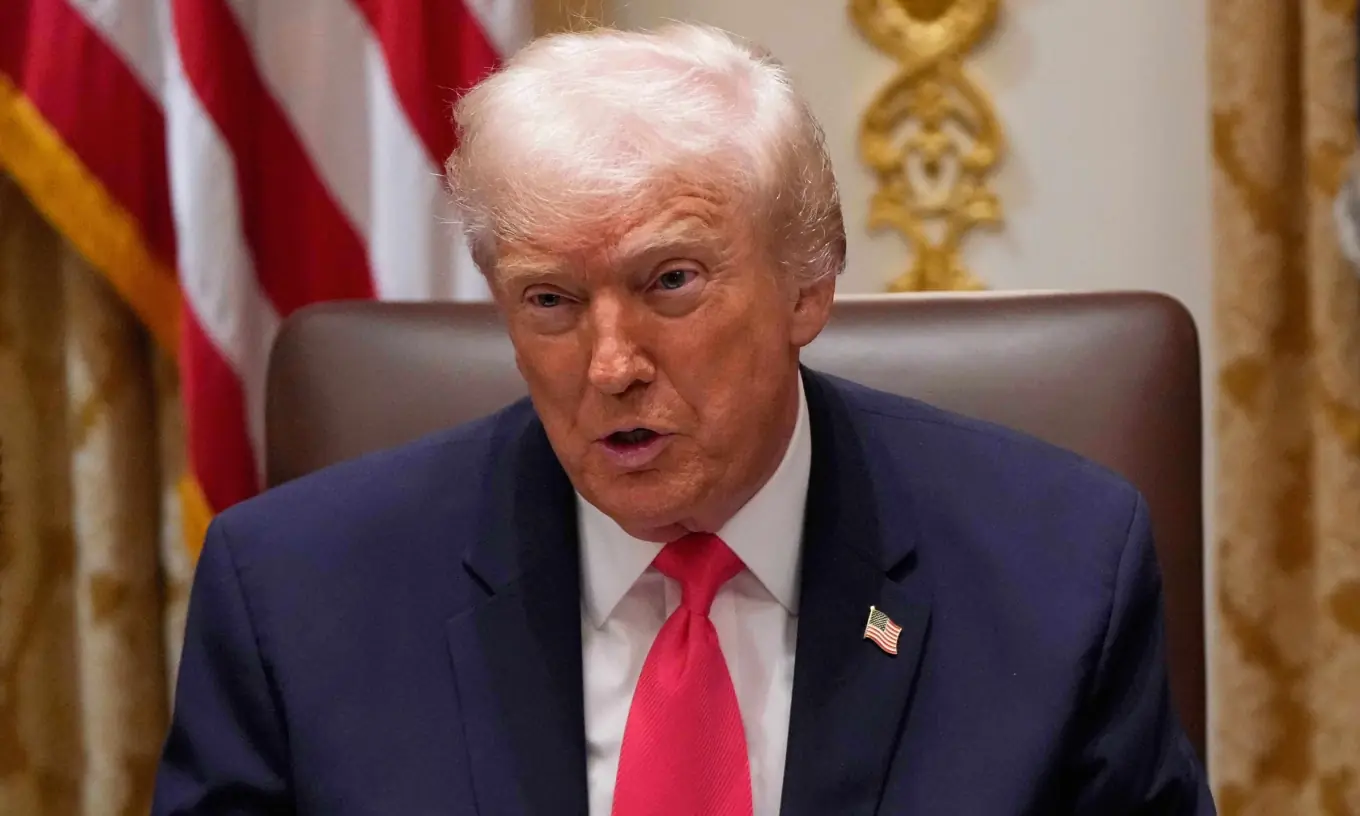
Super bacteria gave experts a headache for 10 years, AI solved it in 2 days
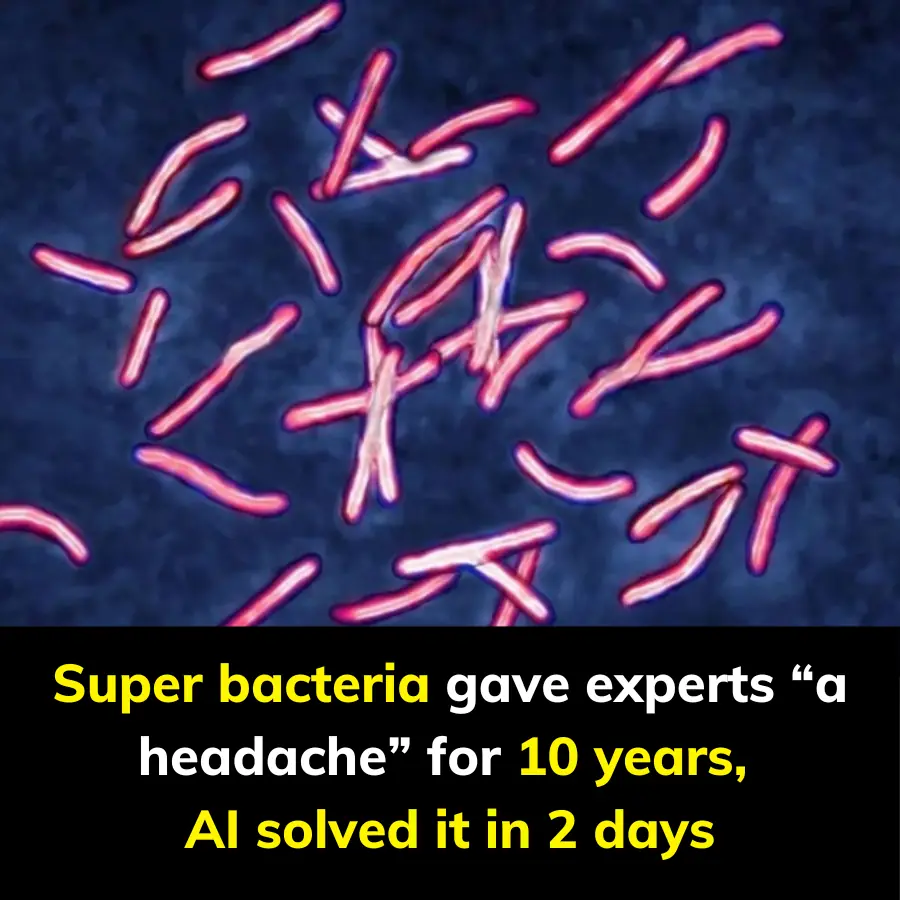
A complex problem about superbugs that took microbiologists a decade to solve has been solved by AI in just 2 days.
Professor José R Penadés and his team at Imperial College London (UK) have spent years researching and proving why some superbugs are resistant to antibiotics.
He gave "AI co-scientist" - an AI tool developed by Google - a brief question about the core problem he was researching. After just 48 hours, the AI came to the same conclusion that took his team 10 years to solve.
Sharing with the BBC, Professor Penadés expressed surprise at this discovery, because his research had never been published and could not be found on public data sources.
He even emailed Google to ask if their system had access to his personal computer to decode the superbug so quickly. The tech giant said it did not.
Professor Penadés said the AI tool came to the same conclusions as his research and suggested four other hypotheses. All of them were plausible.
"What's amazing is that one of them never crossed our minds, and we're now working on it," he said.
The team has been trying to understand how some superbugs - bacteria that are resistant to antibiotics - are formed.
Their hypothesis is that superbugs can form a "tail" from different viruses, helping them spread between species.
Professor Penadés likens this to super bacteria possessing a set of "keys" that allow them to move from one "house" to another, that is, from one host to another.
What's special is that this hypothesis was developed entirely by his research team, has never been published anywhere, and no one in the team has disclosed information about this bacteria to the outside.
That's why he decided to use this work to test Google's new AI tool. The results just two days later, AI came up with a number of hypotheses - in which the top answer was the mechanism that the research team spent years discovering.
Will AI change science?
AI is creating a lot of controversy. Supporters believe that this technology will promote scientific progress, while others are worried that it could replace many jobs.
From the results of the AI-solved superbug study, Professor Penadés admits that anxiety about AI is the first reaction of many people, but he says that "when you think about it, it's actually an incredibly powerful tool".
The team believes that AI will play a major role in the future of science.
"I believe that this will change science, absolutely," he says. "I feel like I'm standing in front of something spectacular, and I'm very happy to be a part of it".
"It's like a chance to play a big game - I feel like I'm finally playing in a Champions League match with this technology".
News in the same category


Taylor Swift and Travis Kelce announce engagemen

Air India plane crash: reactions from across the world

RM, V, Jung Kook, and Jimin will soon be discharged from the military
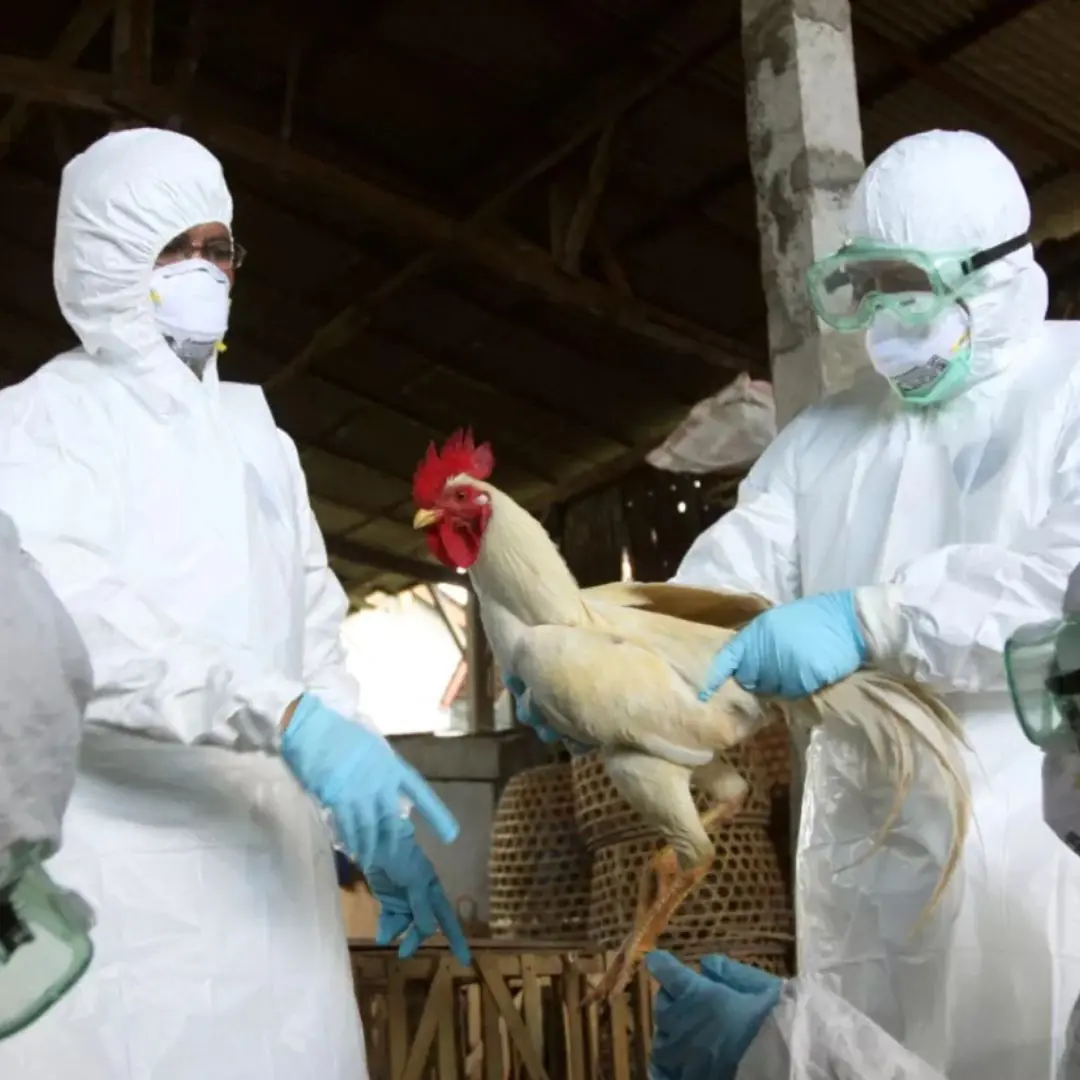
Experts Warn of Rising Bird Flu Th.r.eat: Could Avian Influenza Become the Next Pa.nd.emic?
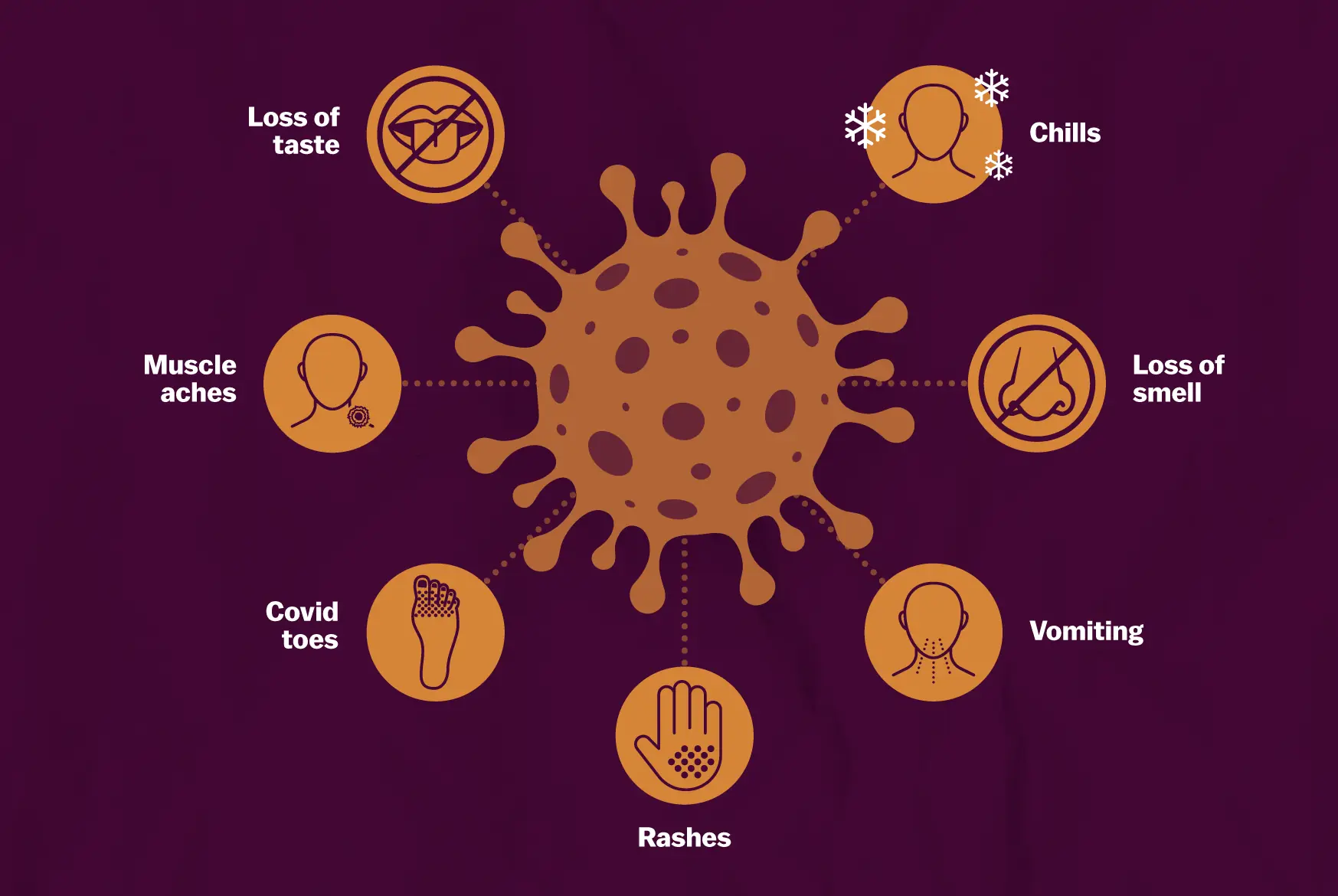
Covid-19 outbreak returns, “3 most obvious symptoms” recorded
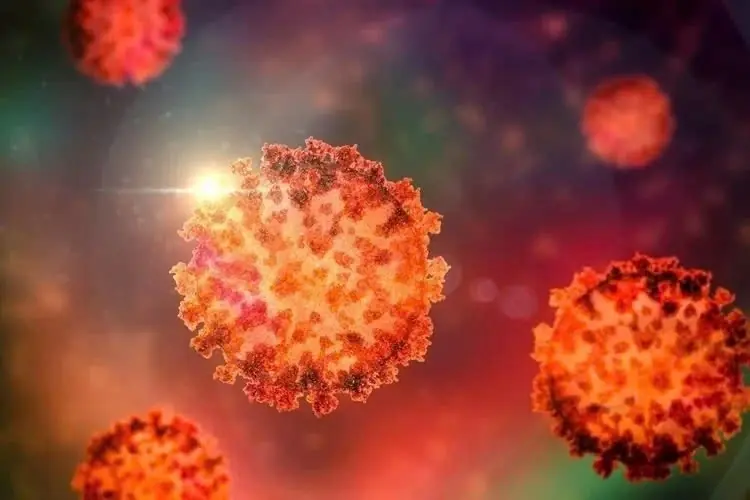
Symptoms, signs of new COVID-19 variant spreading 7 times faster than seasonal flu

How dangerous is the cancer that former US President Joe Biden has?
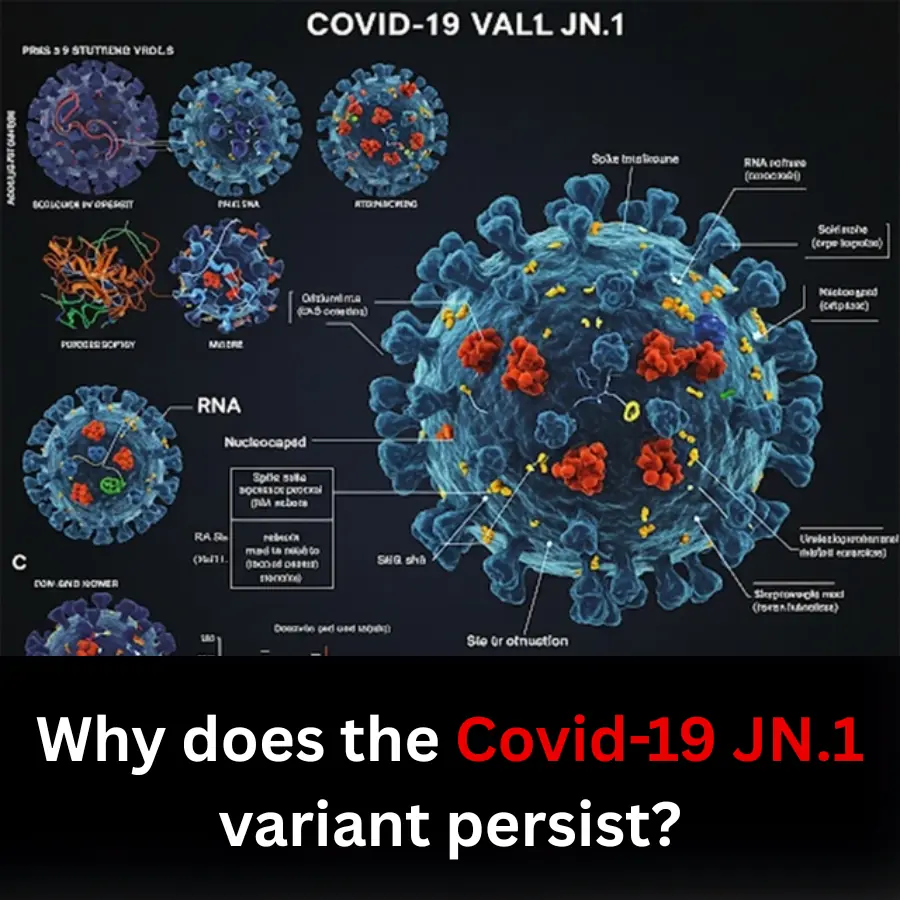
Why does the Covid-19 JN.1 variant persist?

IU & V reportedly spotted dining together at a luxury restaurant
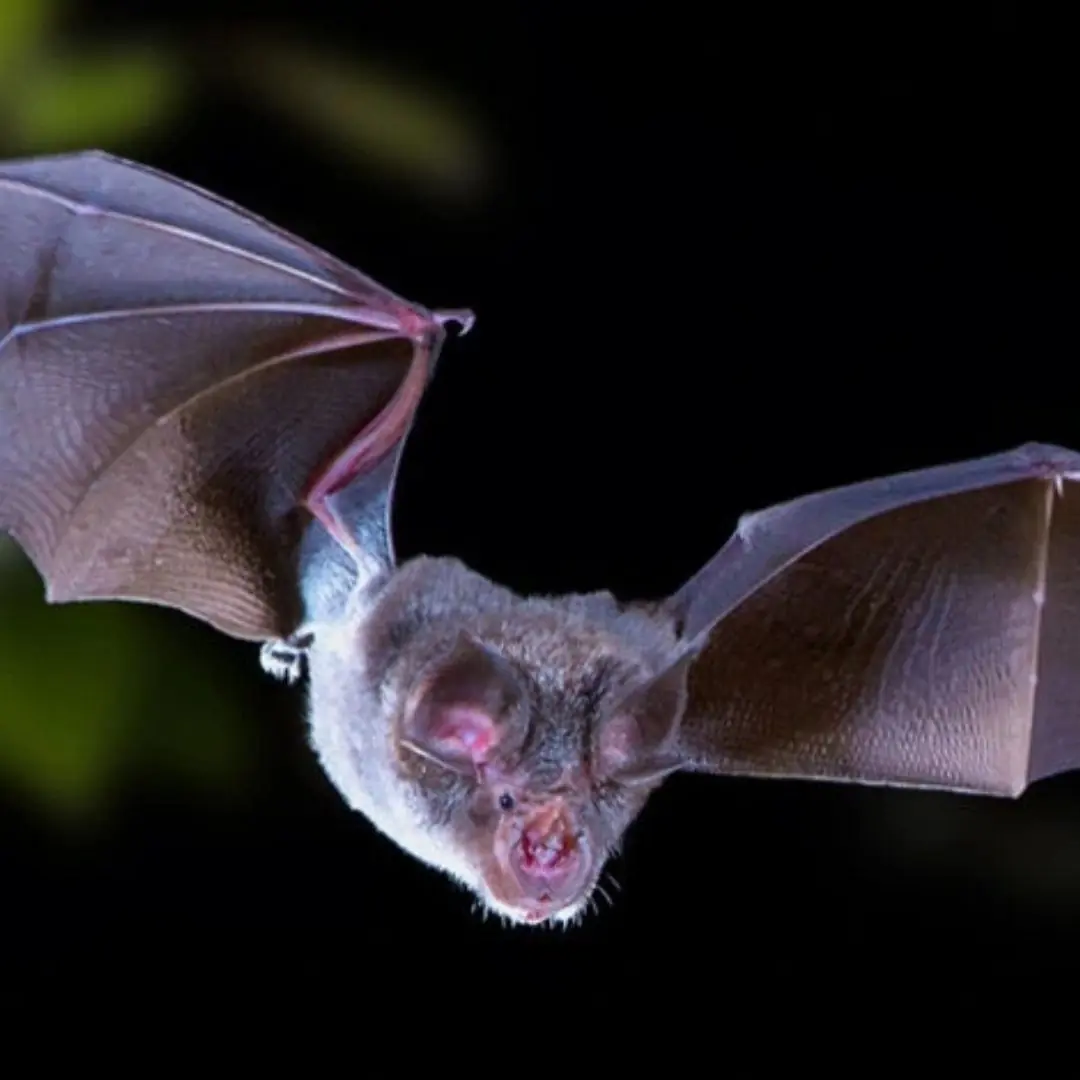
New virus discovered in bats that can infect humans like Covid-19

Cardinal Robert Francis Prevost elected as 267th pope, takes name Leo XIV
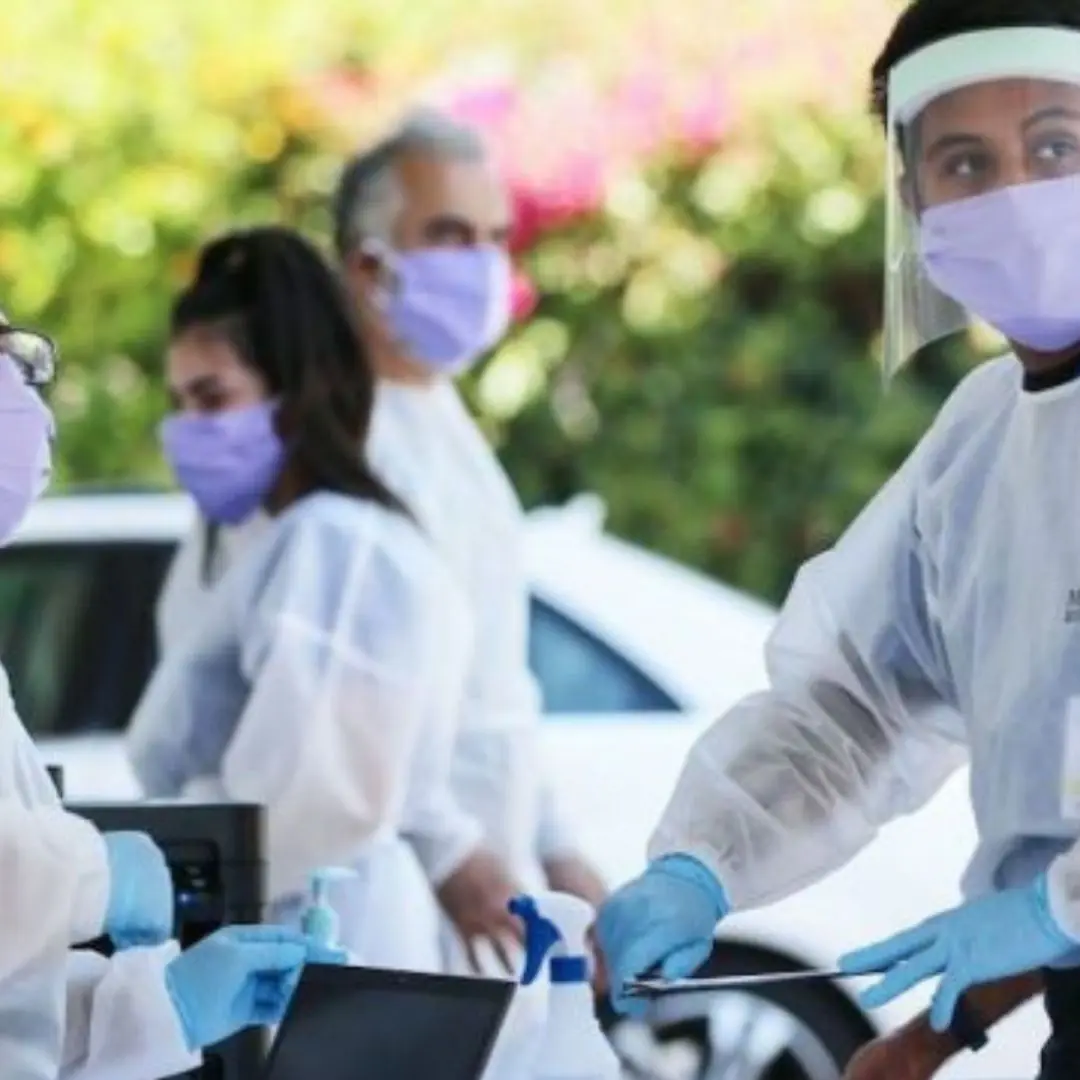
What COVID-19 variants are going around in April 2025?

Pope Francis has d.i.e.d on Easter Monday aged 88

Kristen Stewart and Dylan Meyer Are Married!

‘Depende’: David Licauco on the possibility of courting Barbie Forteza

Limo from ‘Putin’s car fleet’ is bl.o.w.n up in huge blast as troops from par.an.oid ty.r.ant’s honour guard searched for b.om.bs
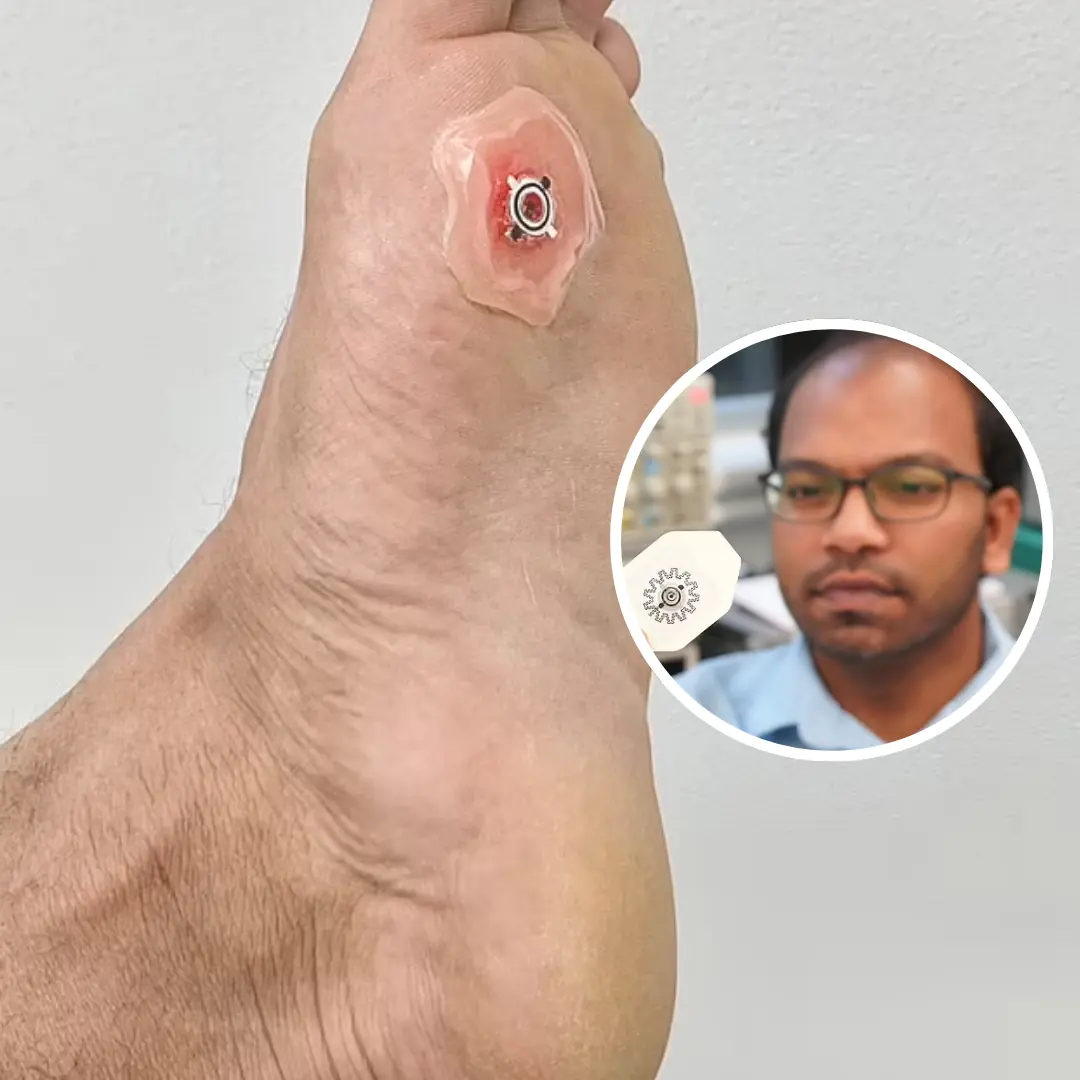
The band-aid of the future: Smart bandage heals injuries 30% faster than standard dressings by producing an electric field around the wound
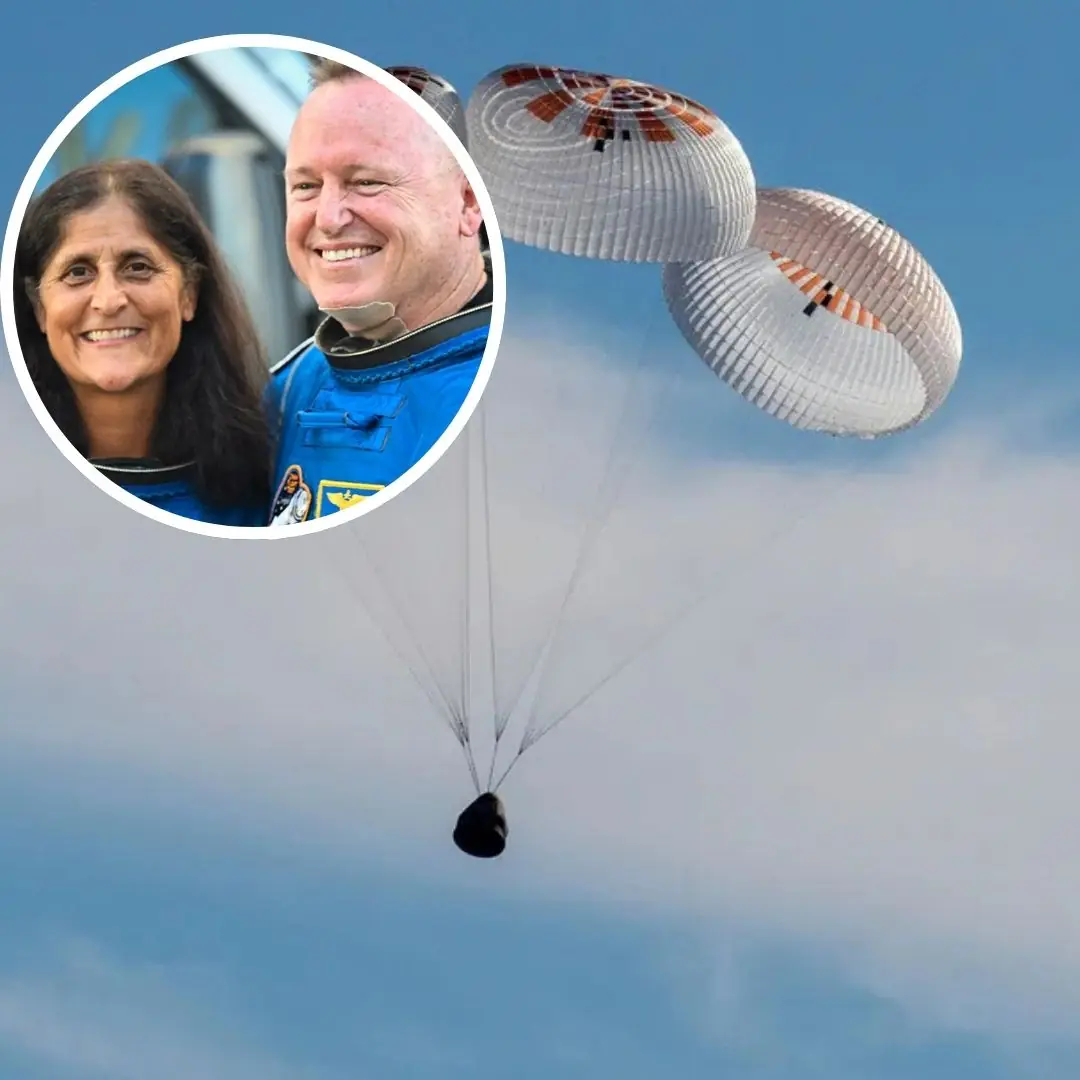
NASA astronauts officially touch down on Earth for first time in 9 months after 8-day mission went wrong

Elon Musk's rocket can't take off, two scientists continue to be stuck in space
News Post
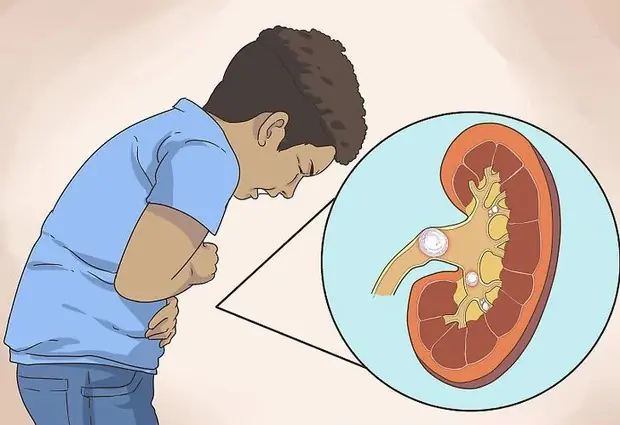
More and more people are developing kid.ney failure. U.S. experts warn: Eating too much of these 4 foods is especially harmful to the kid.neys and should be limited immediately
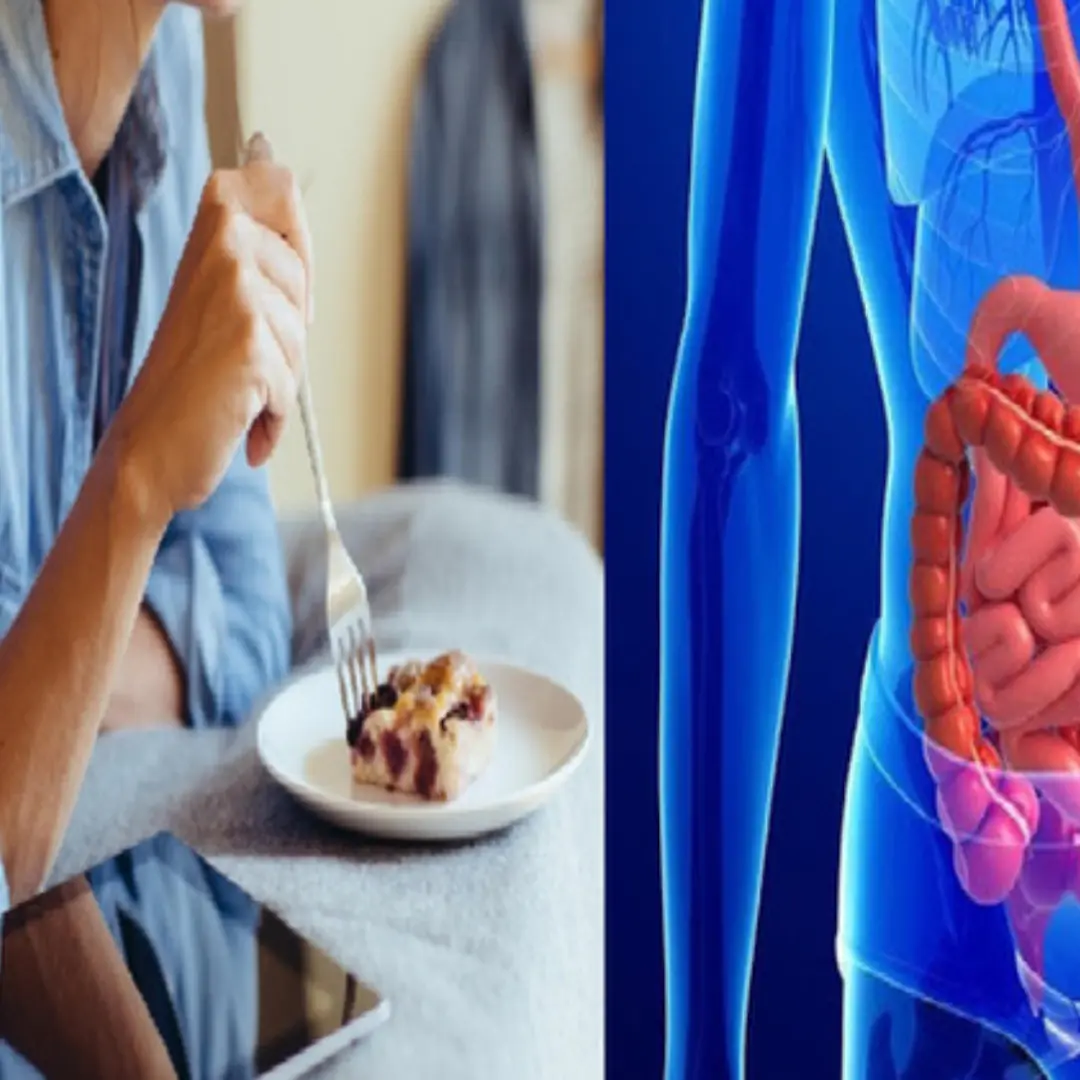
4 Foods to Eat on an Empty Stomach in the Morning That May Support Digestion and Long-Term Health

Just follow these 4 steps and pork will always turn out tender, juicy, and never tough

Yellow Tongue: A Small Sign That May Signal Serious Health Problems
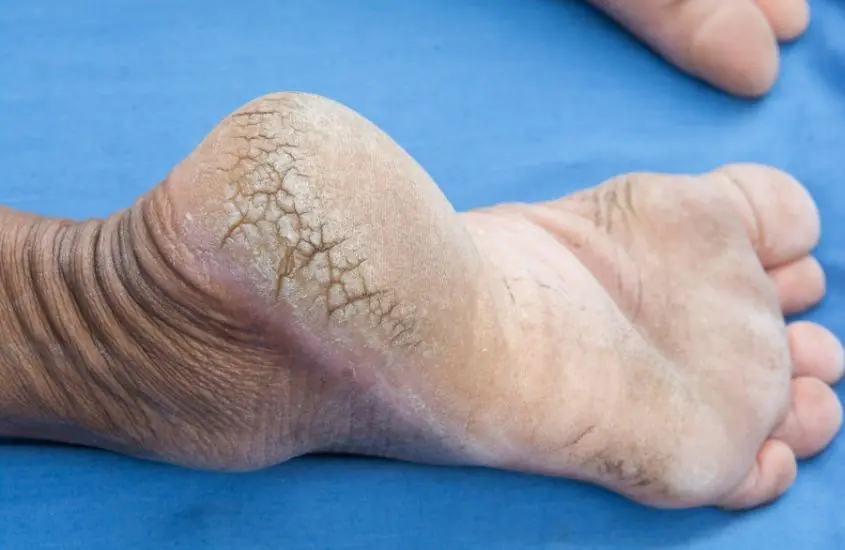
Pharmacist shares major wa:rning sign in heels of foot that could be symptom of serious condition

5 Common Drinking-Water Mistakes That Can Damage Your Liver and Kidneys
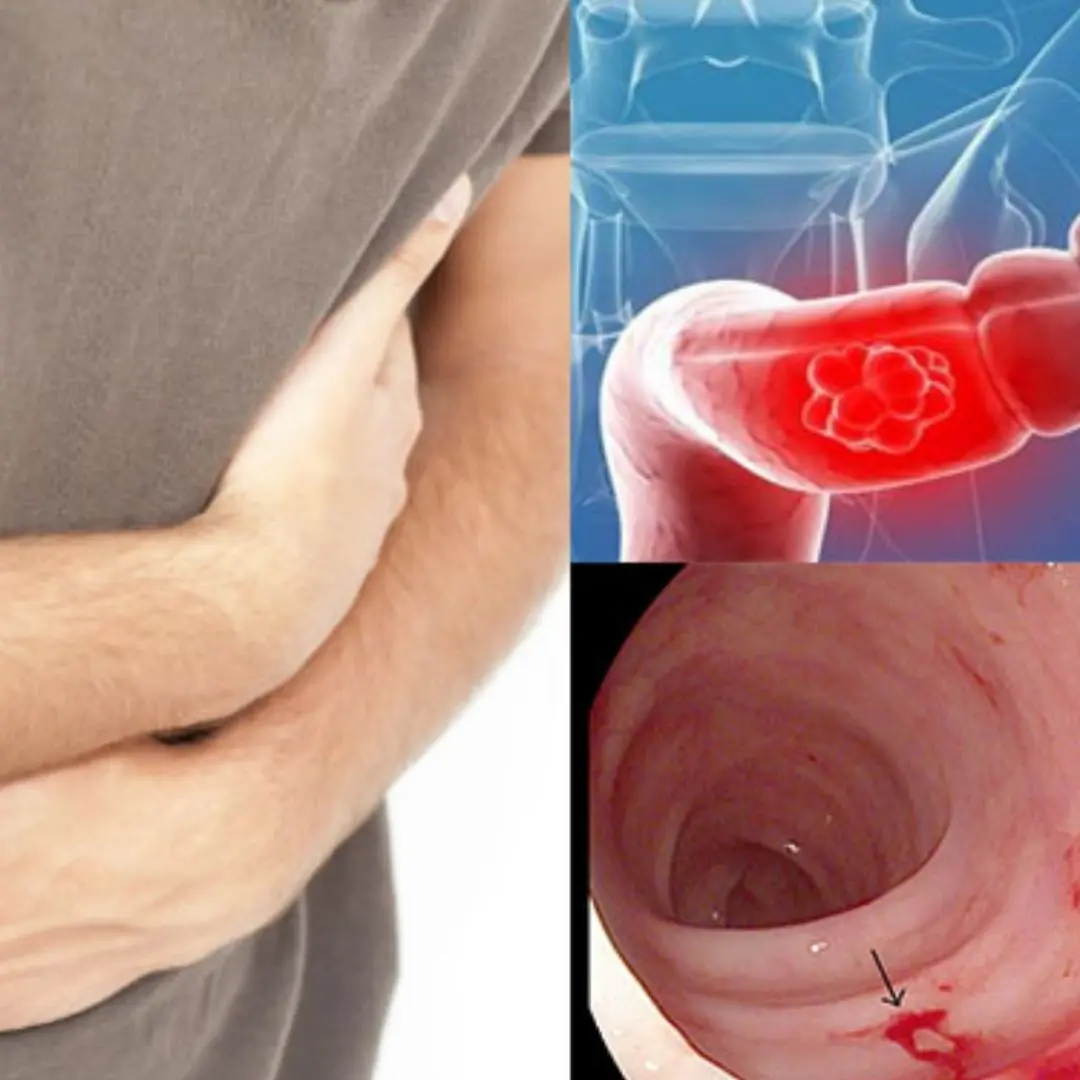
Cancer May Be Silent at First: 8 Warning Signs You Should Never Ignore When Using the Toilet

Mix White Salt With Fabric Softener: A Simple Household Trick That Saves Money and Solves Multiple Problems
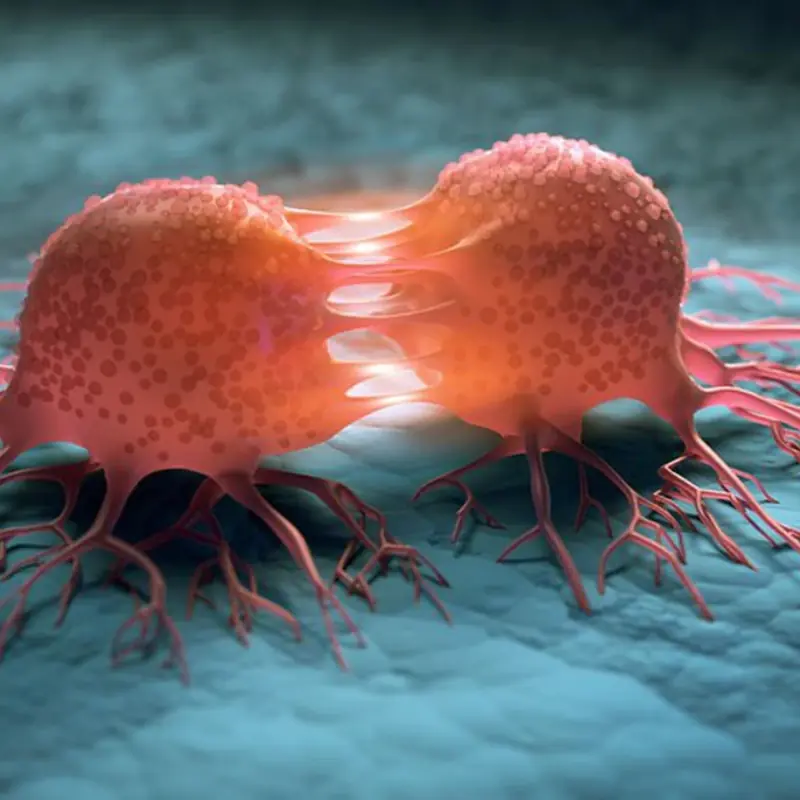
Breakthrough: Scientists discover a way to turn can.cer cells back into normal cells

Installing an Air Conditioner: Avoid These 4 Locations to Protect Your Family’s Health
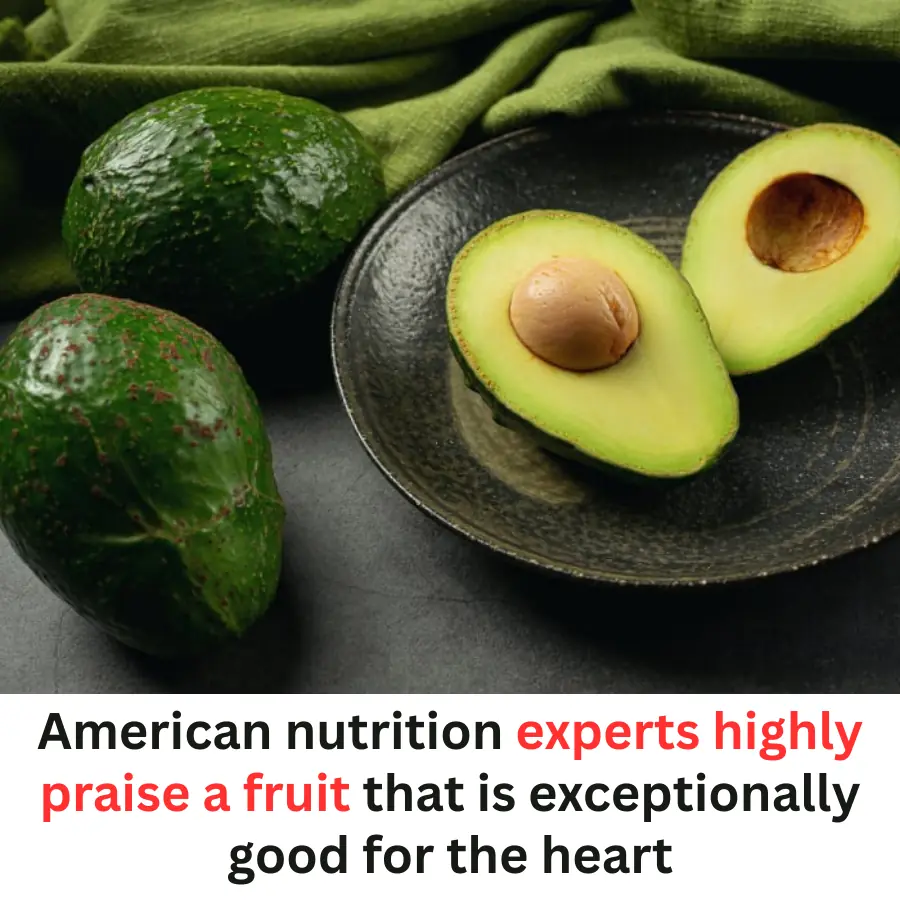
American Nutrition Experts Praise Avocados as a Top Heart-Healthy Fruit
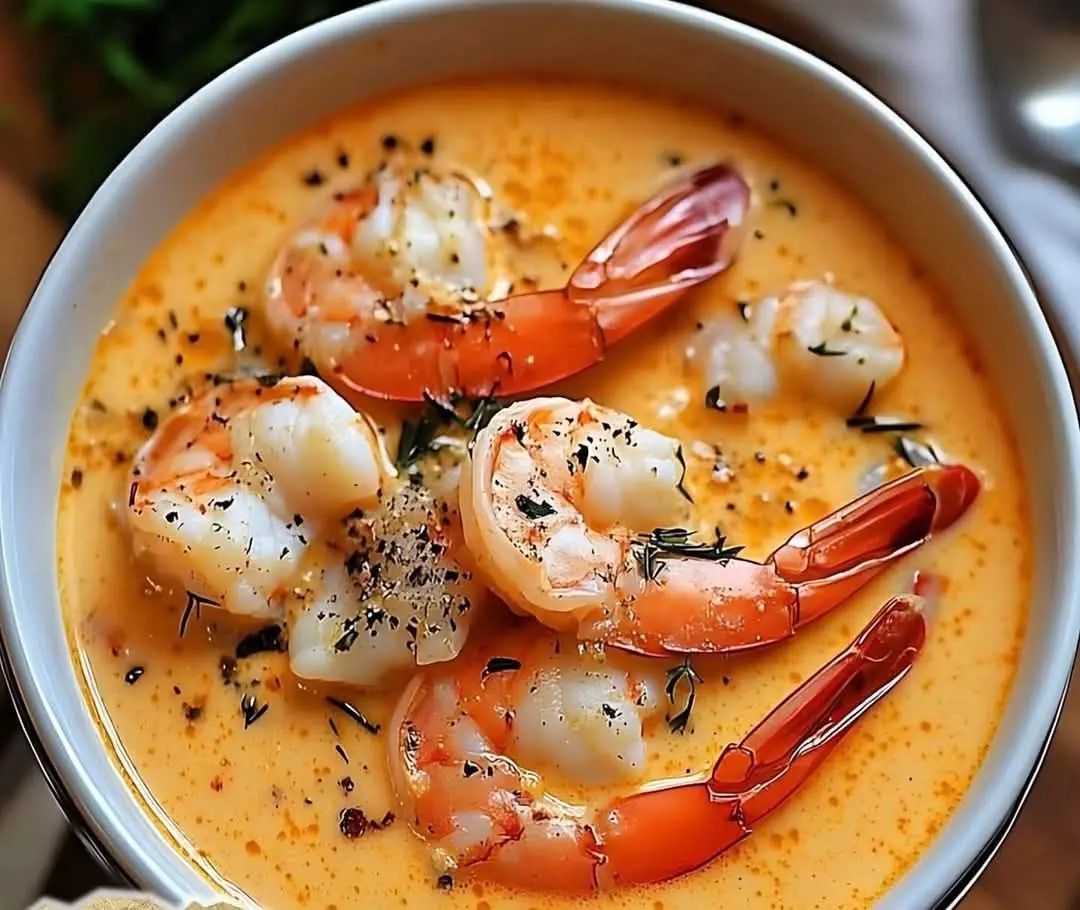
Seafood Bisque with Crab, Shrimp, and Lobster
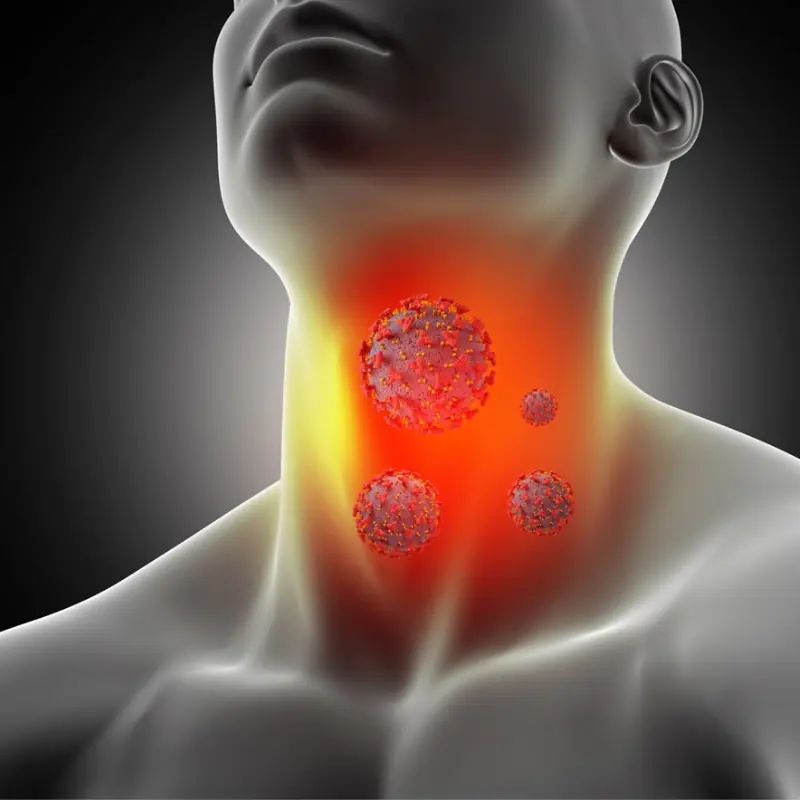
Why Your Throat Feels Mucusy: The Real Reasons Behind That Sticky Sensation
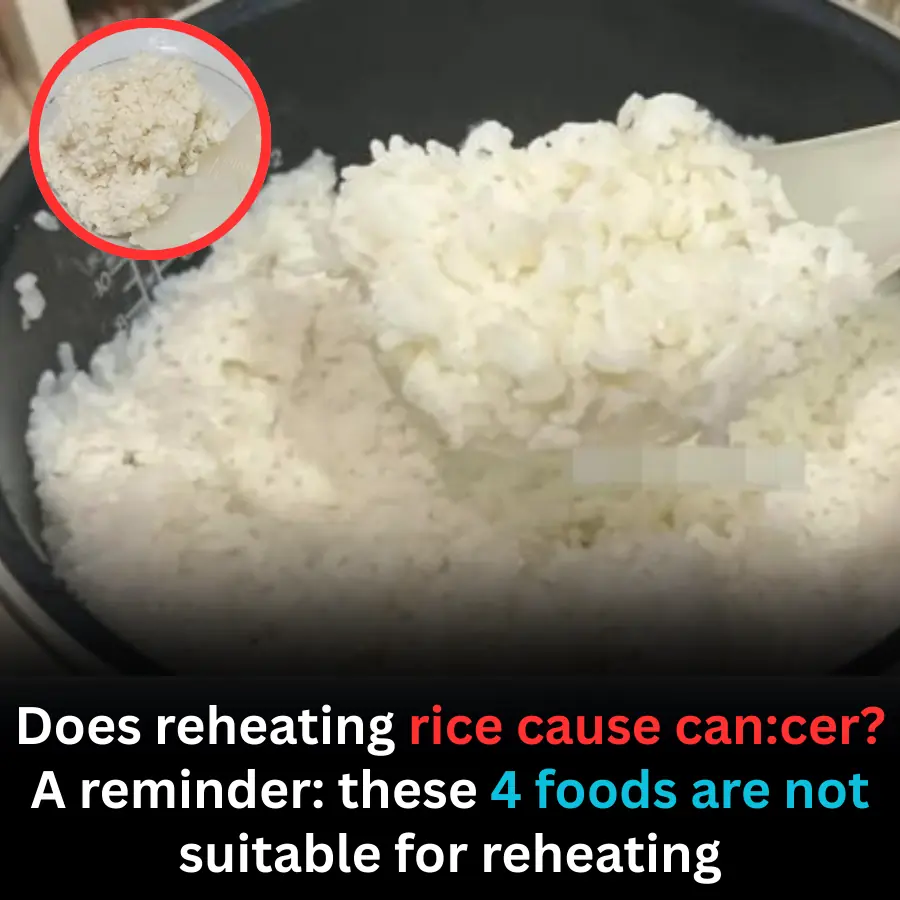
Does Reheating Rice Cause Cancer? What You Should Really Know
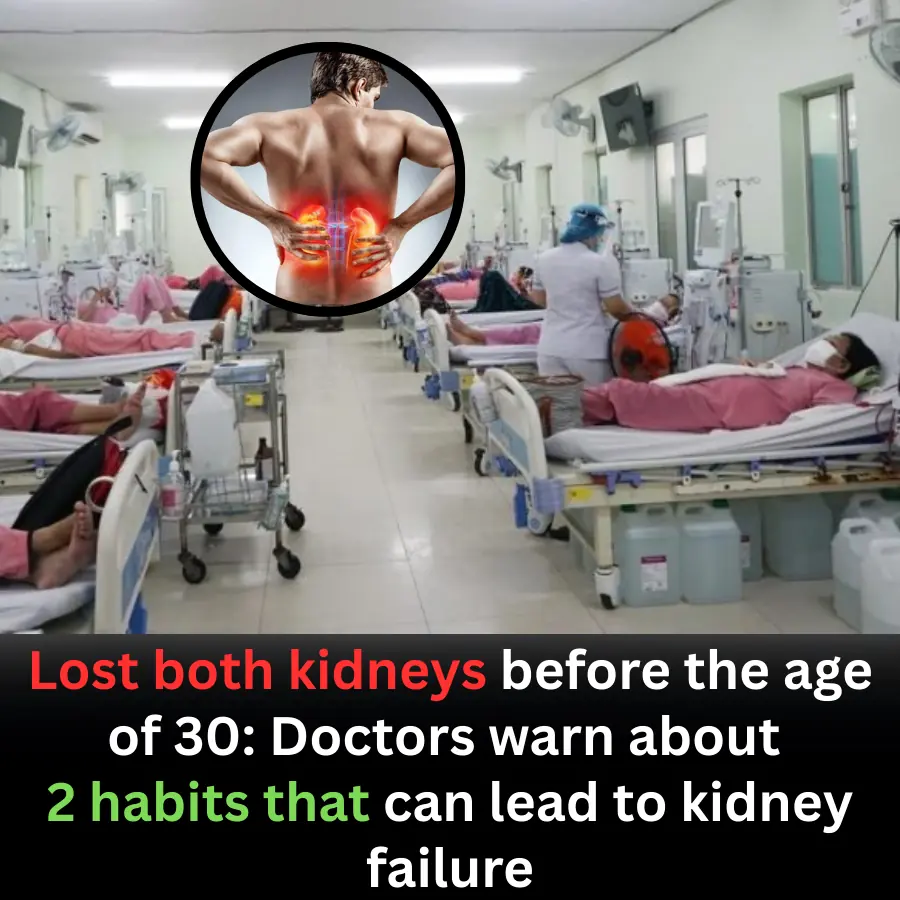
Losing Both Kidneys Before 30: A Wake-Up Call About Kidney Health
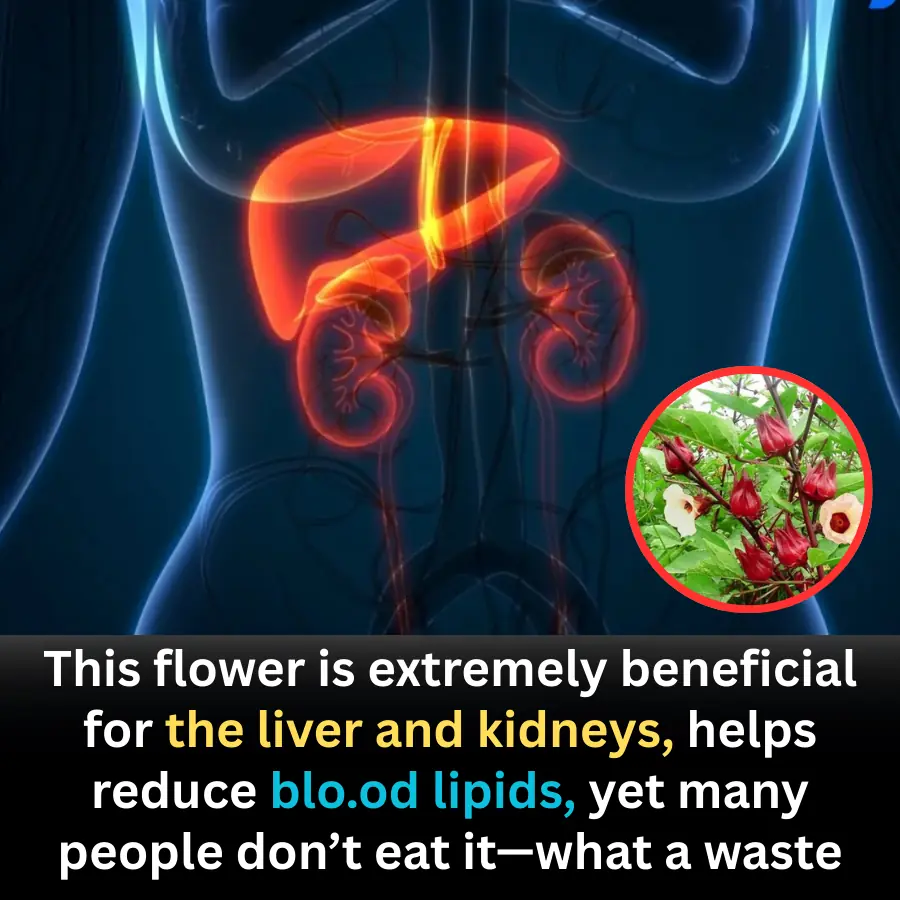
An Overlooked Flower That Supports Liver and Kidney Health
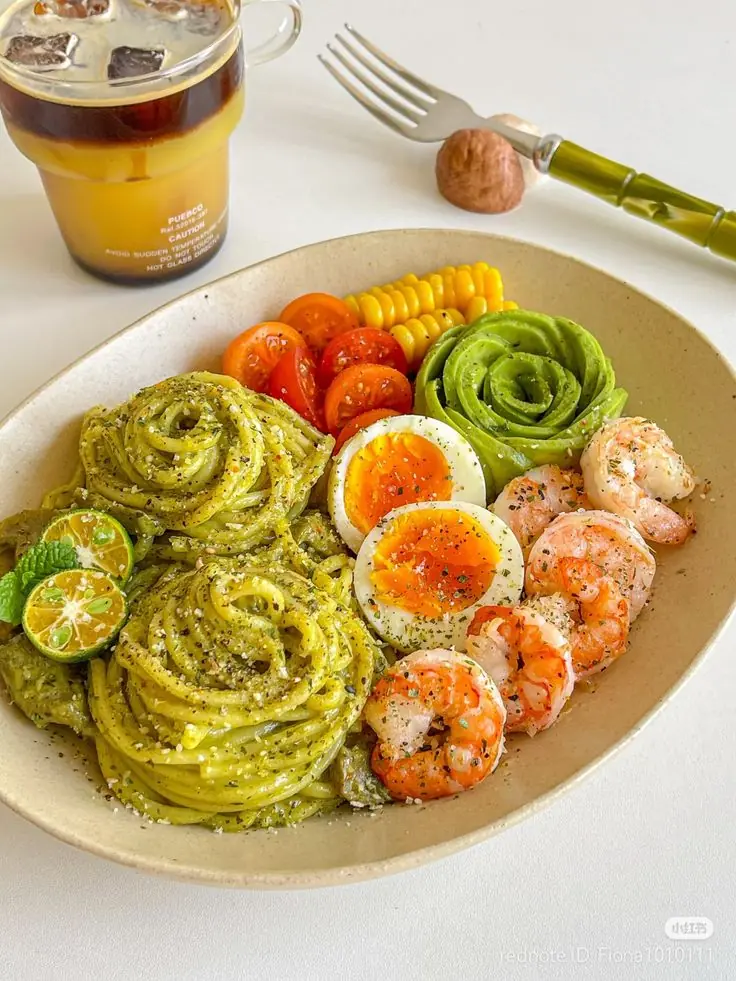
Matcha Green Tea Noodles with Shrimp and Egg

Don’t Throw Away Rice-Washing Water: 5 Surprisingly Useful Kitchen Benefits

Prominent Blue Veins: A Silent Warning You Should Never Ignore
